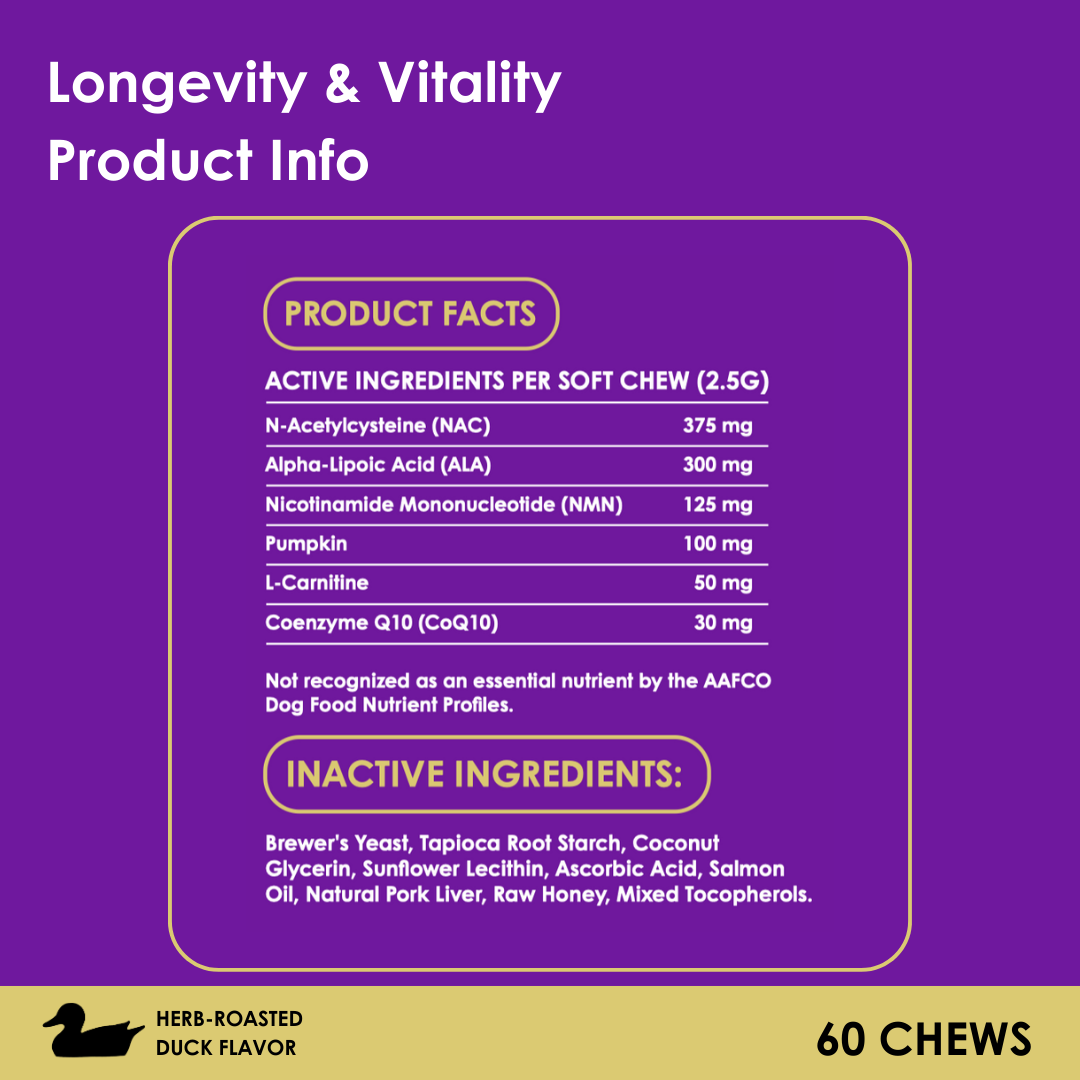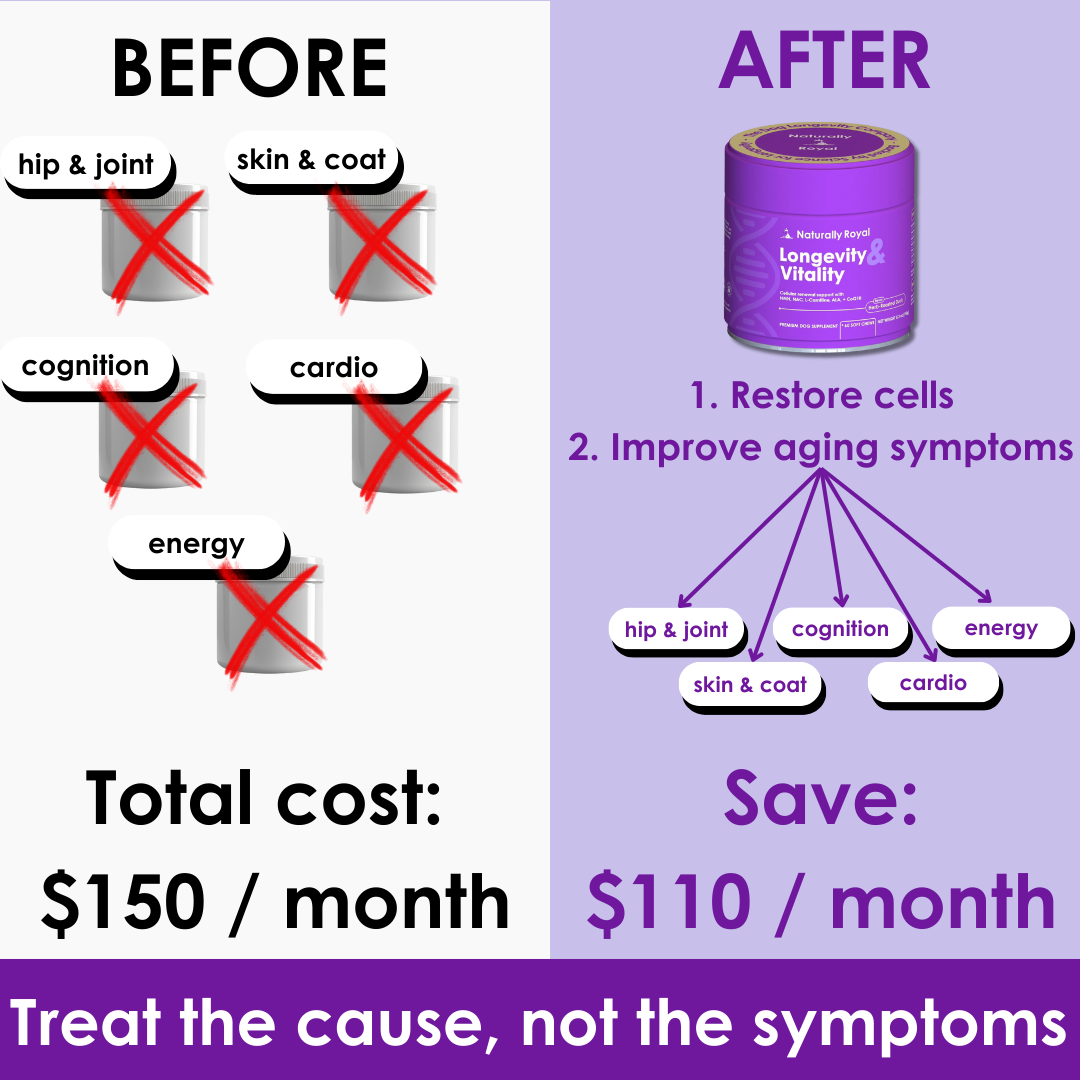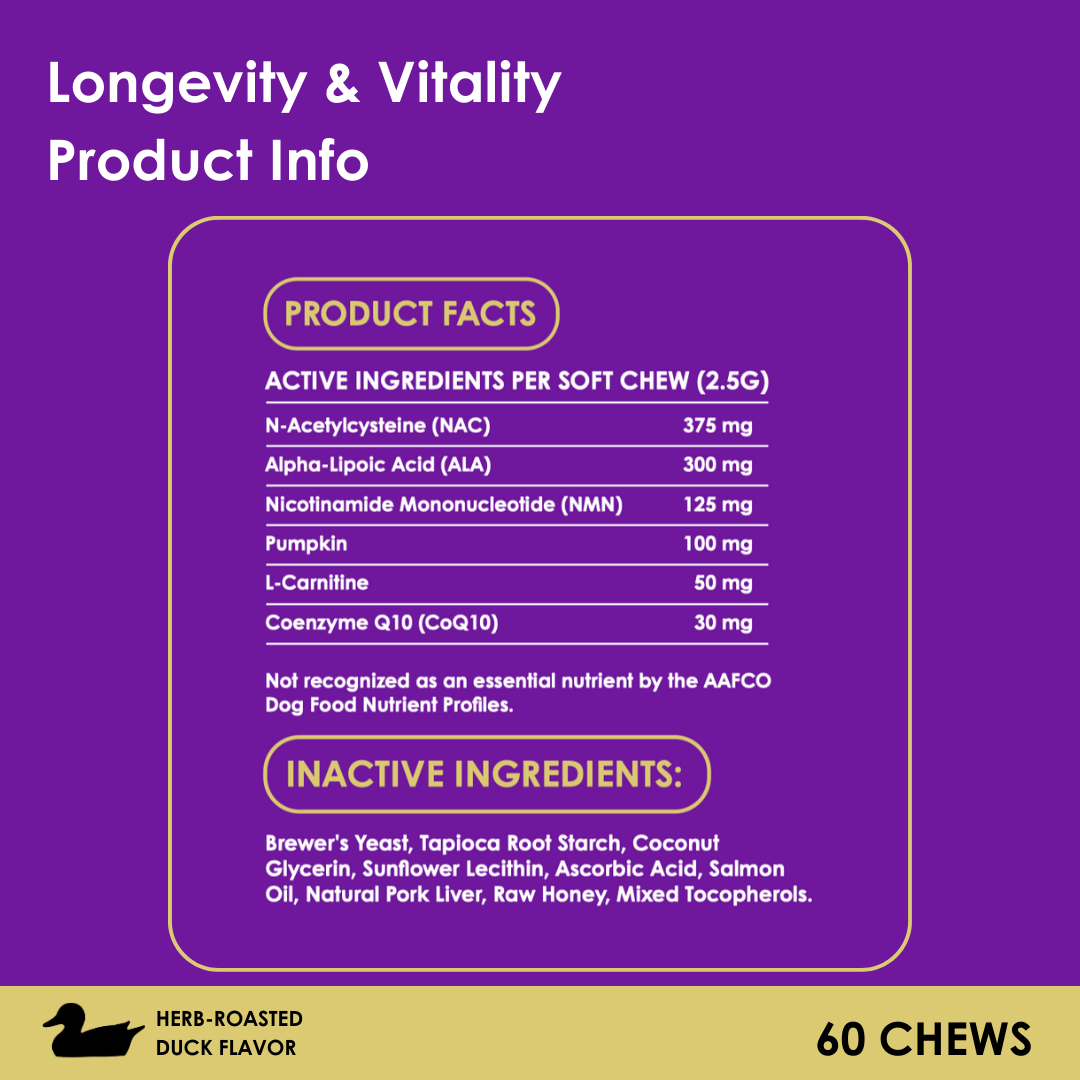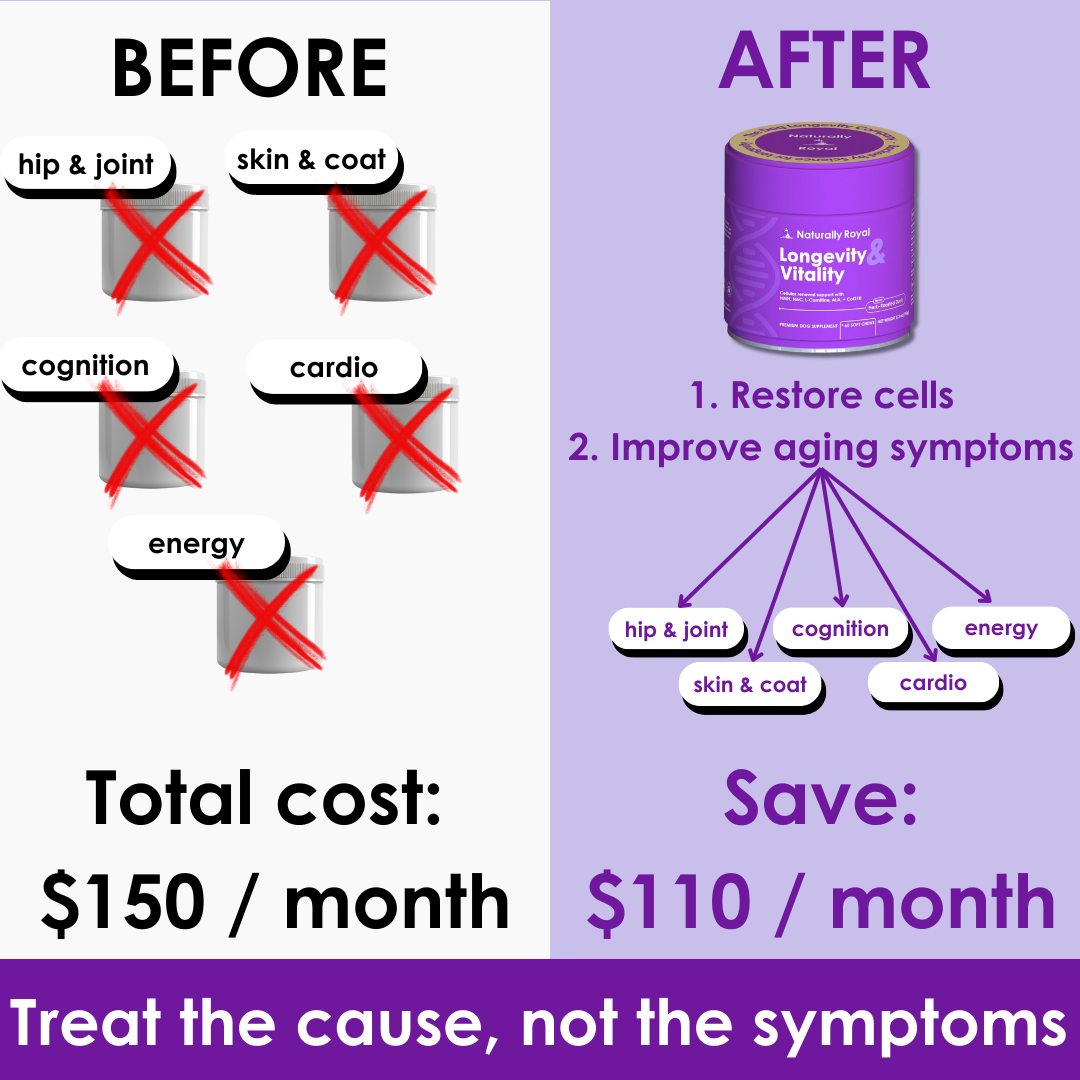How the PAW Act Could Impact Your Dog
The introduction of the People and Animals Well-being (PAW) Act marks a pivotal moment for pet owners, aiming to make veterinary care more affordable across the United States. This bipartisan bill, introduced by Congresswomen Deborah Ross and Claudia Tenney, proposes allowing pet owners to use Health Savings Accounts (HSAs) and Flexible Spending Accounts (FSAs) to cover veterinary care expenses, including up to $1,000 for standard care or pet insurance and unlimited expenses for service animals. This legislation could have profound effects on how we care for our dogs, particularly in extending their health and longevity. Let's dive in:
Veterinary Care as a Lifeline for Longevity
Veterinary care is an essential component of a long and healthy life for any dog. Routine check-ups, vaccinations, preventive treatments, and early disease detection are all key factors in promoting longevity. However, the rising costs of veterinary care can be a barrier for many pet owners, causing delays in seeking care or opting for less comprehensive treatments.
With the PAW Act in place, more pet owners could afford regular visits to the vet and early interventions, which are vital for addressing health issues before they become serious. Early detection and treatment of conditions such as heart disease, cancer, and kidney disease, for example, can add years to a dog's life. By making veterinary expenses eligible for tax-advantaged savings accounts, the PAW Act helps remove financial barriers that might otherwise prevent pet owners from giving their dogs the best possible care.
Preventive Care for Extended Lifespan
Preventive care is one of the most effective ways to ensure a dog’s long-term health. Regular vaccinations, dental cleanings, flea and tick prevention, and heartworm treatments are standard parts of preventive care that can help keep dogs healthy throughout their lives. However, when costs become prohibitive, some owners may opt out of these essential services.
The PAW Act could significantly improve access to these preventive measures. With easier financial access to veterinary care, pet owners can ensure their dogs are getting the routine care needed to prevent diseases, infections, and other health complications. The ability to fund preventive care with HSAs or FSAs can mean more dogs live longer, healthier lives without the risk of preventable diseases cutting their lives short.
Managing Chronic Conditions
As dogs age, many develop chronic conditions such as arthritis, diabetes, or heart disease, which require ongoing management. The costs associated with chronic disease management, including medications, regular monitoring, and specialized diets, can add up quickly. These treatments are necessary to maintain a dog’s quality of life and extend their longevity, but they can also strain a family’s finances.
The PAW Act’s provision allowing pet owners to use HSA and FSA funds to cover these expenses would help families provide consistent care for dogs with chronic conditions. This could ensure dogs with lifelong medical needs continue receiving the treatments that keep them comfortable and healthy for as long as possible.
Support for Service Animals
The PAW Act also includes provisions for service animals, ensuring that all veterinary care expenses for these dogs are fully covered by tax-advantaged accounts. This not only benefits service animals but also ensures that these highly trained dogs can perform their duties for as long as possible without the interruption of untreated health conditions. By supporting the health of service dogs, this act helps extend their working life, ensuring that they can assist individuals with disabilities for longer periods of time.
Pet Insurance as a Tool for Longevity
The PAW Act also allows for up to $1,000 in HSA or FSA funds to be used toward purchasing pet insurance. Pet insurance can help mitigate the financial impact of unexpected health issues or emergencies. Whether it’s surgery for an injury or treatment for a sudden illness, pet insurance ensures that no treatment is out of reach for financial reasons. This coverage can mean the difference between life and death in some cases, making it a powerful tool in promoting dog longevity.
For older dogs or breeds prone to specific health issues, pet insurance can offer peace of mind. It ensures that owners can make the best choices for their dog's health without worrying about prohibitive costs. With the PAW Act making pet insurance more accessible, more owners will be able to cover both routine and emergency care, helping their dogs live healthier, longer lives.
Long-Term Implications for Dog Longevity
The PAW Act has the potential to reshape how we approach veterinary care for our pets, particularly for those of us who want to do everything possible to extend the life of our dogs. With more affordable access to routine and preventive care, pet insurance, and treatments for chronic conditions, we can expect a significant positive impact on dog longevity.
By ensuring that pet owners can access the care their dogs need without financial strain, the PAW Act helps pave the way for more dogs to live out their lives to the fullest. Whether through early disease detection, managing chronic conditions, or providing emergency care when it’s needed most, the benefits of this bill for dog longevity are clear. The PAW Act offers the hope of more years of companionship, love, and vibrant health for our dogs.
Conclusion
The People and Animals Well-being (PAW) Act could be very helpful do our dog's longevity. By making veterinary care more affordable, this legislation may ensure that more dogs receive the preventive and ongoing care they need to live longer, healthier lives. With access to tax-advantaged funds for everything from regular vet visits to pet insurance, the PAW Act empowers pet owners to take a proactive approach to their dog’s health, ultimately helping dogs enjoy a higher quality of life and more time with the families who love them.
While time will tell if this bill becomes law, it could certainly play a significant role in how we finance our dog's longevity care, and ultimately how proactive we are with their care.
























